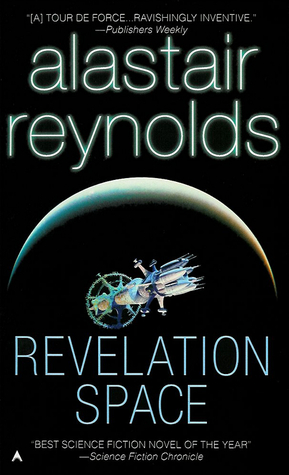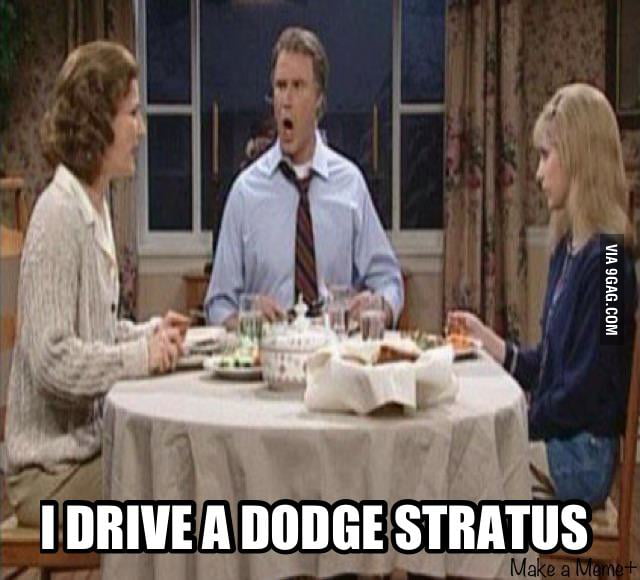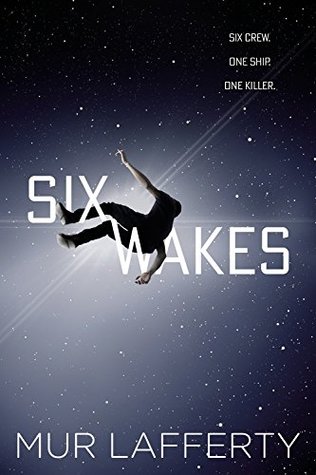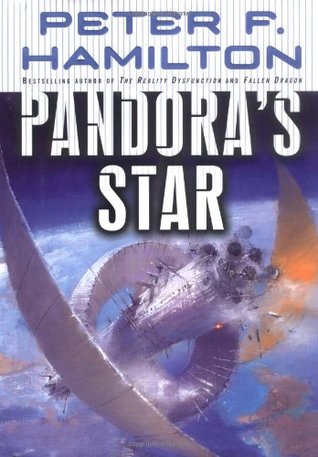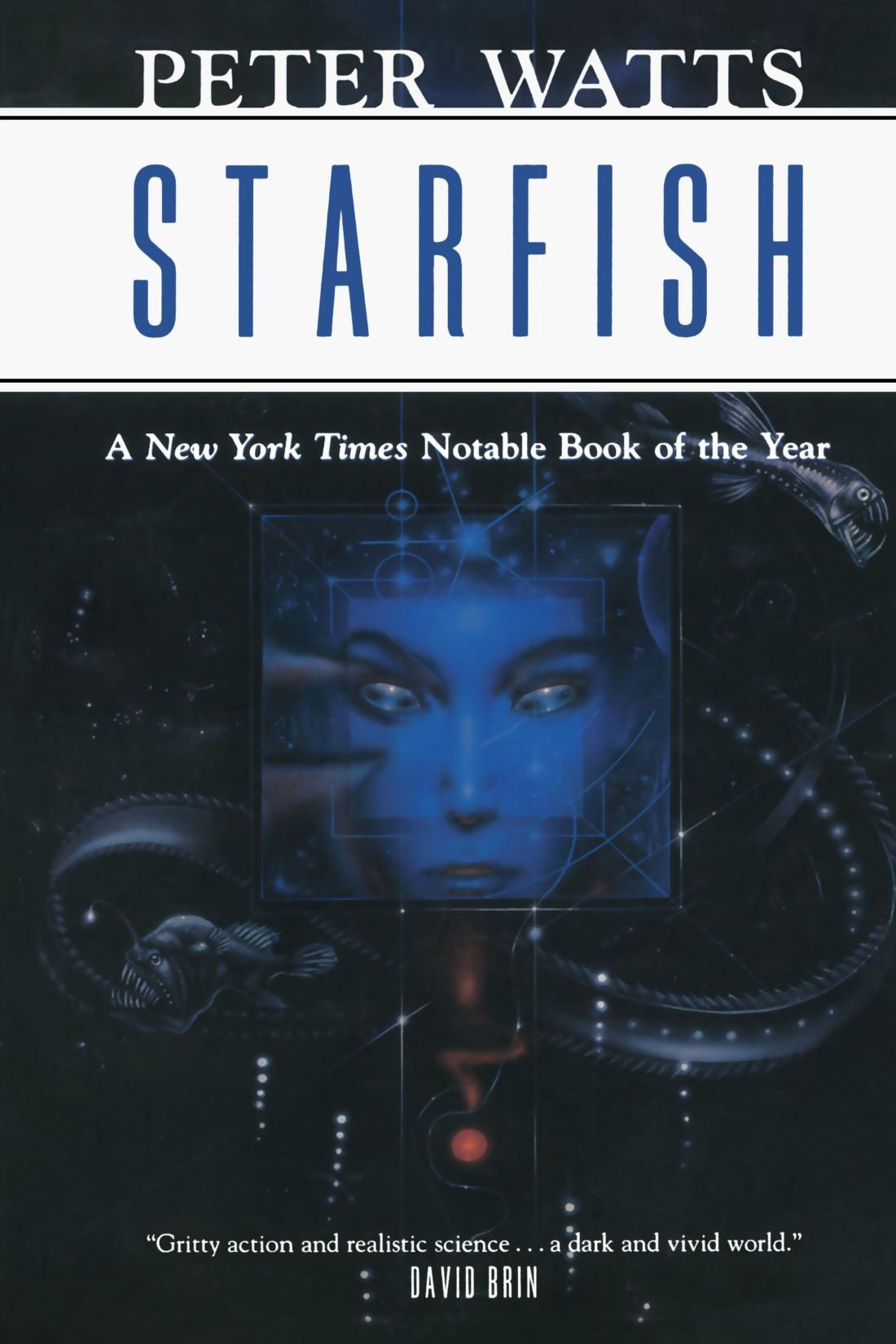Give me your favorite new read and why I should check it out.
Heres mine:
Peter Clines, politically, falls off the left table. However, he writes damn good Sci Fi. Not all of his books are great, but I have read most of them.
His latest, Paradox Bound, is a good read or listen and has a PG rating, at most.
Phinhead rating is 3.5 of 5.
Phinhead summary:
Heres mine:
Peter Clines, politically, falls off the left table. However, he writes damn good Sci Fi. Not all of his books are great, but I have read most of them.
His latest, Paradox Bound, is a good read or listen and has a PG rating, at most.
Phinhead rating is 3.5 of 5.
Phinhead summary:
- The American Dream was constructed by Free Masons in order to unify the rebellion. It makes reality the will of the populace. The country needed a dream.
It was stolen. It's power remains in remnants in places that it has been. Have you driven through a town on a trip and thought it was stuck in the 50s? Have you ever marvelled at the houses and population only for the quaint town to be almost forgotten at the end of the trip? These are places where the dream has been and the population there thinks this is the best time of America. Time or history slows there.
There are searchers who have learned this. They travel through history searching for the dream. If the find the dream, they can mold the country in thier image. Faceless government men, literally, chase the searchers, with lethal extreme prejudice. Once within a certain radius, they have certainty of the situation an know all outcomes.
Certain people have been affected by the dream and not kown it. These are clues and places to search, example being Walt Disney.
It's a good read or listen as Ray Porter is the rarrator.
- Lots of American allegory..... Faceless government...etc
- Martin Luther King JR and others in history, all have been affected by contact, unknowingly, with the American Dream.


